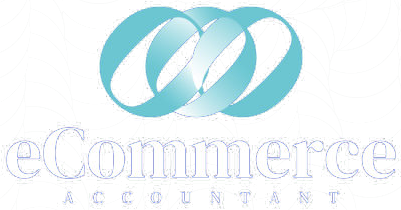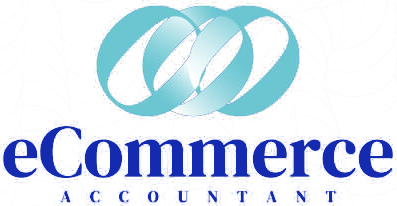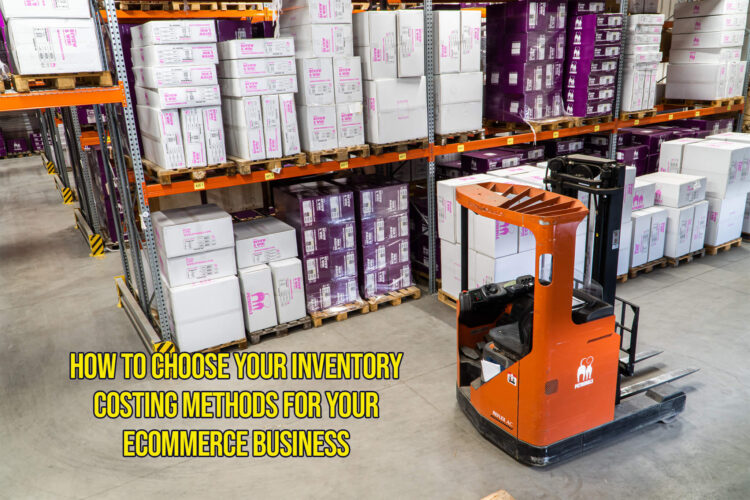
Are you getting the right deduction on your business tax?
Navigating the complexities of business tax can be a daunting task for many. However, understanding and taking advantage of tax deductions is an essential aspect of managing your business finances effectively. It can significantly reduce your taxable income, and by extension, your tax liability. This article intends to provide an overview of getting the right deductions on your business tax, helping you ensure that you are not overpaying on your tax obligations, and equally as important, minimizing the risk of underpaying. We will discuss general principles, common deductions, and the steps you can take to maximize these benefits.
What are the different types of deductions available for businesses on their taxes
Business tax deductions come in various forms, each with their own set of eligibility requirements. The most common categories include operational expenses, capital expenses, and personal expenses used for business.
Operational expenses are costs incurred in the day-to-day running of your business. Generally, these are fully deductible and include rent, salaries and wages, utilities, and office supplies, among others.
Capital expenses, such as the purchase of equipment, machinery, or property, usually have different tax implications. They are often considered investments in the future of your business and, as such, cannot be fully deducted in the year they are incurred. Instead, they are usually depreciated over several years.
Lastly, personal expenses used for business are partially deductible. A common example of this is the business use of your car or home – part of these costs can be claimed as a business expense.
Understanding the specifics of each category can help your business maximize tax deductions, minimizing your overall tax liability, and keeping more money in your business’s pocket.
How to determine which deductions apply to your business
It’s crucial to recognize that not all deductions apply to every business. Determining which deductions are applicable to your business depends on factors such as your industry, business structure, location, and specific operational practices. For instance, businesses in the manufacturing sector may have significant deductions related to production costs, while service-based businesses might find their largest deductions in operational expenses such as wages and rent.
To accurately determine which deductions apply to your business, it’s recommended that you keep detailed and comprehensive records of all your business expenses. This includes receipts, invoices, and any other documentation that justifies an expense. Regularly updating your financial books can also provide an overview of your expenditure, offering insights into potential deductible costs.
Remember that tax laws often change, and new deductions might become available that apply to your business. Hence, it’s crucial to stay updated on any changes in the tax laws relevant to your sector.
Tips for maximizing the deductions you can claim
Maximizing your deductions requires a proactive approach and strategic planning. Here are some tips to help increase the deductions you can claim:
- Understand tax laws: Familiarize yourself with the current tax laws applicable to your business. This knowledge can help you identify new deductions and take advantage of them in a timely manner.
- Plan for big purchases: If you need to make a significant purchase, like machinery or equipment, plan it wisely. It might be more beneficial to spread the cost over several tax years rather than deducting it all at once.
- Take advantage of carryovers: Some tax deductions have limitations that may result in carryovers – these are deductions that couldn’t be fully utilized in one tax year and can be carried over to the next. Monitor these carryovers to ensure they are not forgotten in the following tax years.
- Employ family members: If it fits your business model, consider employing family members. Paying a salary to a family member can shift income from a higher tax bracket to a lower one.
- Regularly consult with a tax professional: Tax laws can be complex and are frequently changing. Regular meetings with a tax professional can help you stay on top of new deductions and strategize your expenses for tax optimization.
Strategies for Keeping Track of All Your Expenses and Investments
Developing comprehensive strategies for tracking your expenses and investments is pivotal to optimizing your tax deductions. Not only do these strategies ensure you are accurately calculating your tax obligations, but they also provide critical insights into your business’s financial health.
- Use a Business Credit Card or Bank Account
Separating your personal and business expenses is crucial. Using a business credit card or bank account for all your business-related transactions simplifies bookkeeping processes and makes it easier to identify deductible expenses.
- Invest in Accounting Software
The market is rife with accounting software tailored to various business needs. These applications automate transaction recording, categorize expenses, and generate financial reports, giving you a clear snapshot of your financial position at any given time.
- Regularly Review and Update Your Financial Records
Make it a habit to regularly review and update your financial records. Consistent review helps ensure that all transactions are accurately captured and categorized appropriately for tax deduction purposes.
- Keep All Receipts
Retaining all receipts is vital for validating your expenses in case of an audit. Digitalize your receipts to eliminate the risk of losing or damaging them.
- Hire a Bookkeeper or Accountant
Depending on the size and complexity of your business, it may be beneficial to hire a professional. Bookkeepers and accountants can help manage your financial records, ensure accurate record-keeping, and provide advice on tax deductions, among other financial aspects.
Remember, every business is unique and what works for one may not work for another. Always seek professional advice when planning your tax strategies to ensure they align with your business goals and comply with the law.





